By Brandon
On social media, the skin positivity movement has blossomed and has been a space for people with skin conditions to embrace their real and normal skin. If you check out the #skinpositivity hashtag you will find thousands upon thousands up photos and uplifting captions of individuals sharing their real skin: featuring acne, acne scars, eczema, rosacea, hyperpigmentation, stretch marks, etc.
Beauty standards are constantly changing and we have definitely seen that on social media over the last decade. The emergence of the skin positivity movement has changed the beauty and skincare industry. People want to see real people with real skin when advertising their products. And not only for advertising - people want to feel represented and seen.
As the movement has grown, some influencers and public figures have made a leap toward skin neutrality, rather than skin positivity. Kali, aka myfacestory, is one of those individuals who believes that skin neutrality is the route that the movement should be going.
The emergence of face and body altering Instagram & Snapchat filters and editing apps have played a role in misconstruing the ideal perception of beauty. They have warped the perception of beauty to an image that is absolutely not obtainable. Pores are real. Acne is real. Real skin is normal skin.
As someone who has struggled with acne since I was about 15 years old, seeing representation of real skin and people taking the necessary steps to loving their skin has really helped me cope with the mental health effects that acne has left me with. If you have had acne or acne scars (or any other skin condition for that matter), you are probably familiar with the impact that the state of your skin has on your self esteem and your mental health.
I understand the purpose of the skin positivity movement and how the message is to always love the skin you’re in regardless of your blemishes or flaws. But I know that this is a very difficult thing to achieve and is way easier said than done. It is not easy to love the skin that you have been told all your life is not beautiful or have been made fun of by your peers for having.
For a movement like this to persist, inclusivity and representation matters. More and more small brands have begun to partake in the skin neutrality movement. I believe this is a good thing because who wants to use a skin care product or makeup product that is ONLY shown with “perfect” skin textures. Consumers want to know that the product can work for them and they already know that perfection is not obtainable. It’s about progress, not perfection.
So, What Is Skin Neutrality All About?
Skin neutrality is a movement that was created to put more of a ‘neutral’ outlook on skin conditions, including acne. It isn’t very easy to love something and be ‘positive’ about something that may have caused so much pain to you in the past. So this is where skin neutrality comes into play. Skincare activists are leaning towards promoting the skin neutrality movement to help others feel more comfortable in their skin.
Eventually, you'd want to get to the point where you truly move past the trauma from acne. This requires acknowleding the pain and unpleasant experiences that come with acne. And hopefully getting to the point where one doesn't spend as much time and energy thinking about their skin anymore.
Because your skin and mental health can go hand in hand - some days it is hard to have standard interactions or conversations without constantly thinking about your skin. Becoming skin neutral can help with taking your mind off of it. And thinking about skin in a way that doesn’t directly compare your skin to the state of another’s skin. This is definitely a journey and a process - but the representation of the movement on social channels is a huge start.
A very helpful thing to remember is that our skin is still working its best for us, whether it is acne free or not.
References:
The psychosocial impact of acne vulgaris: https://www.ncbi.nlm.nih.gov/pmc/articles/PMC5029236/

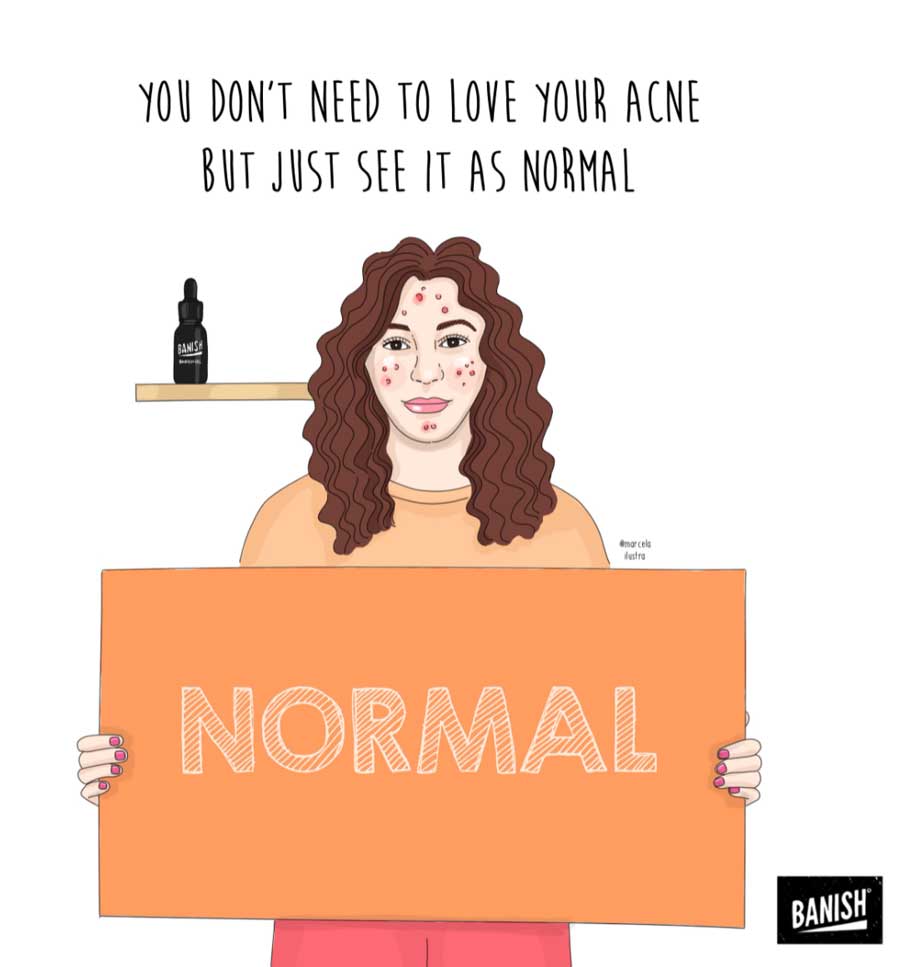
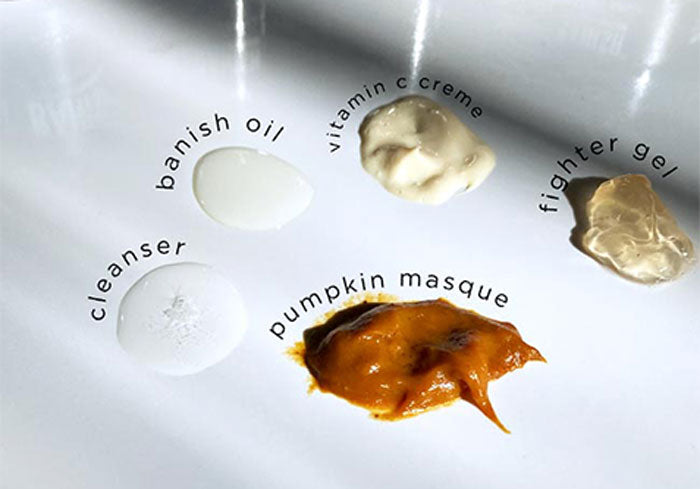
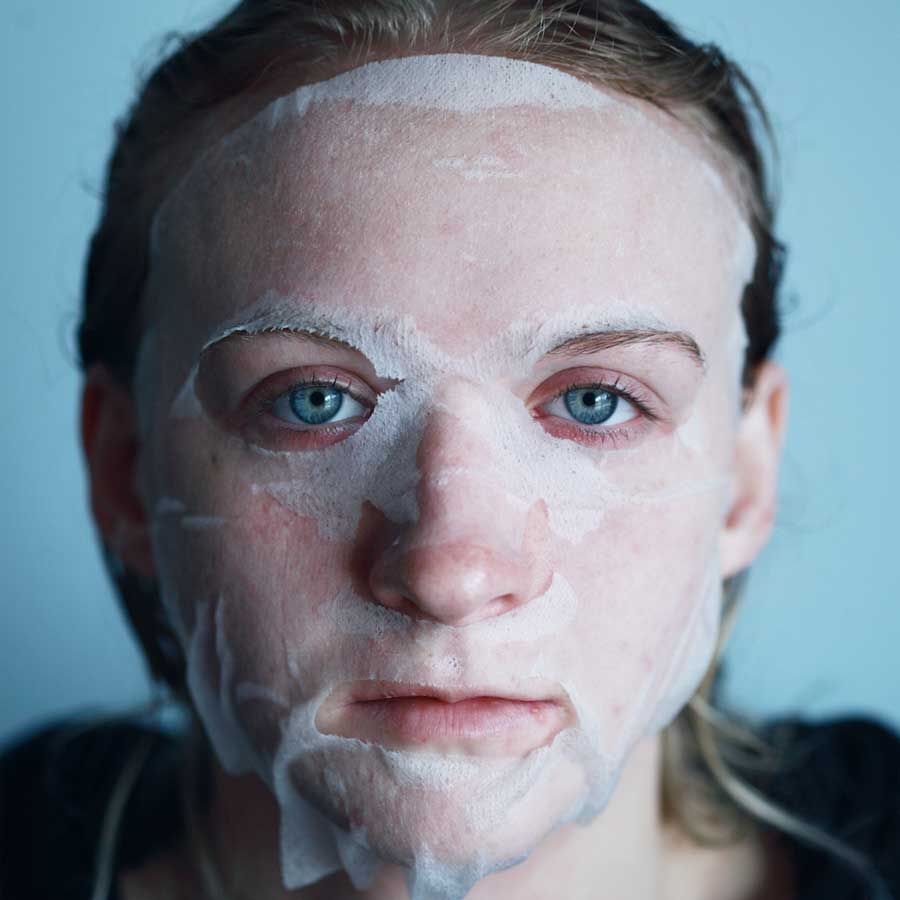










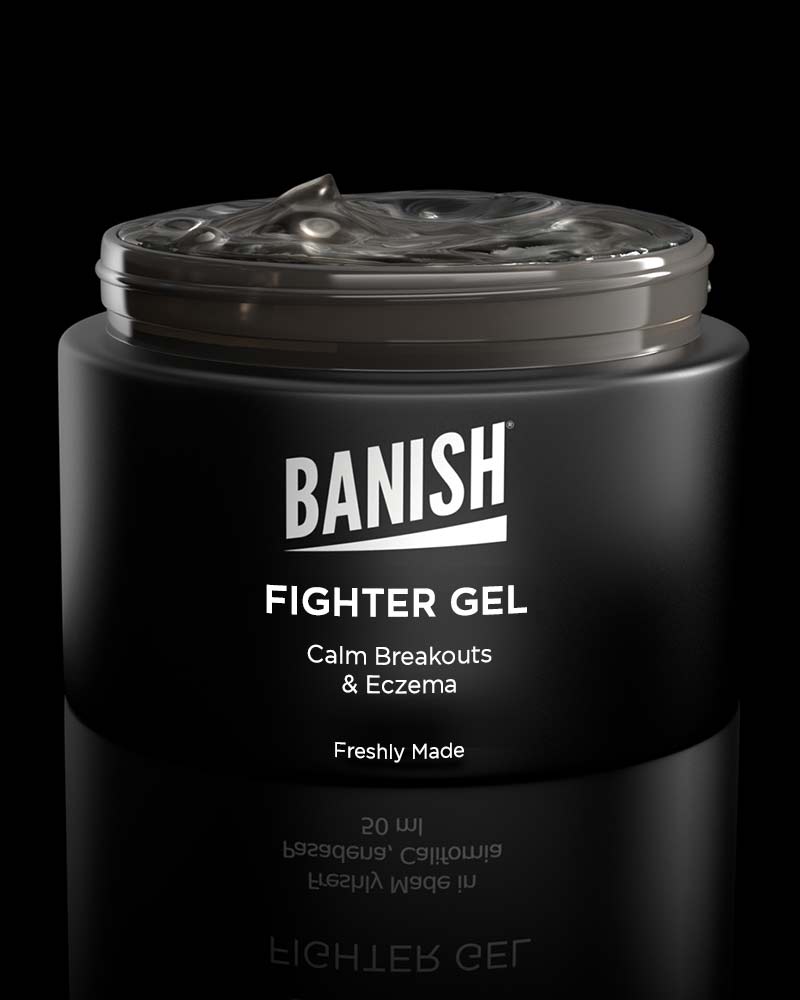
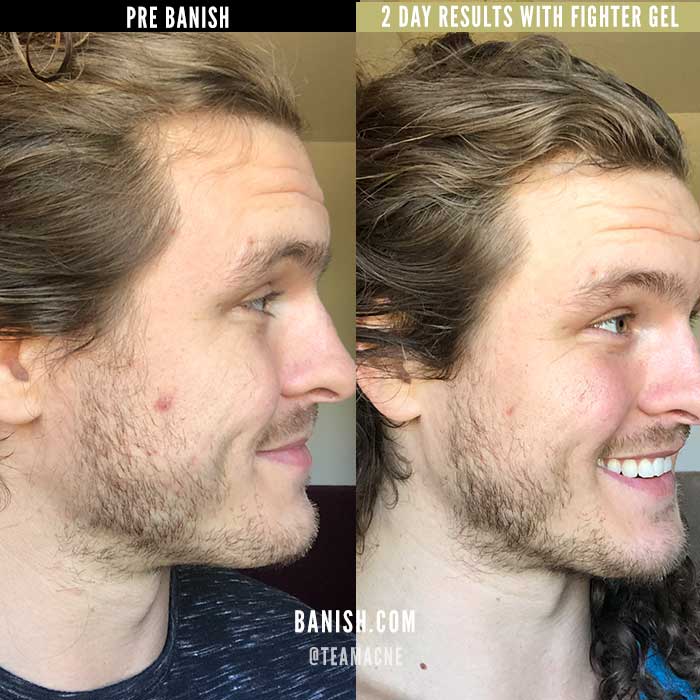










Leave a comment
All comments are moderated before being published.
This site is protected by hCaptcha and the hCaptcha Privacy Policy and Terms of Service apply.